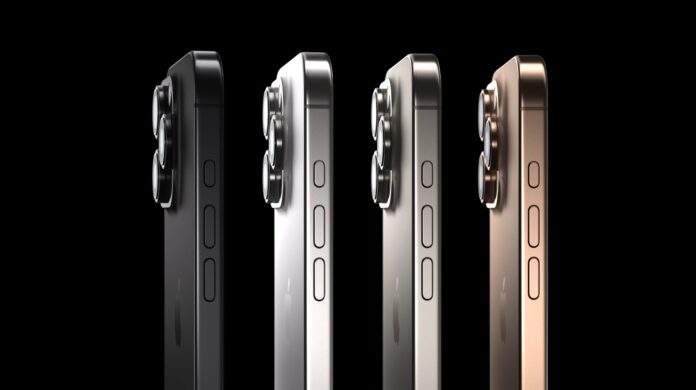By packing inferior chips in the lower-end iPhones in 2022, Apple widened the gap between the regular and Pro iPhones. The iPhone 14 Pro and 14 Pro Max were the only models to receive the A16 Bionic chipset, while the standard variants used the A15 Bionic. Today, despite the 16 and 16 Plus not having last year’s processor, they still get a less capable version of the A18 Pro chip. Apple could pack only 2nm chips in the highest-end iPhone 18 models in the coming years.
All iPhone 17 models will be made by TSMC’s N3P process/3-nanometer technology.” In 2026, the iPhone 18 line might feature a mix of 3nm and 2nm chips. Despite Kuo’s tweet not specifying which iPhone 18 models will get 3nm chips, the standard ones likely will. It is unclear whether only the Pro Max or both Pro models will receive the 2nm upgrade.
In general, 2nm chipsets can accommodate more transistors than 3nm chipsets. By doing so, companies can increase the devices’ power while maintaining their size and energy efficiency. Apple Watch Series 12 and possibly new AirPods models will debut in September 2026, along with the iPhone 18 series.







